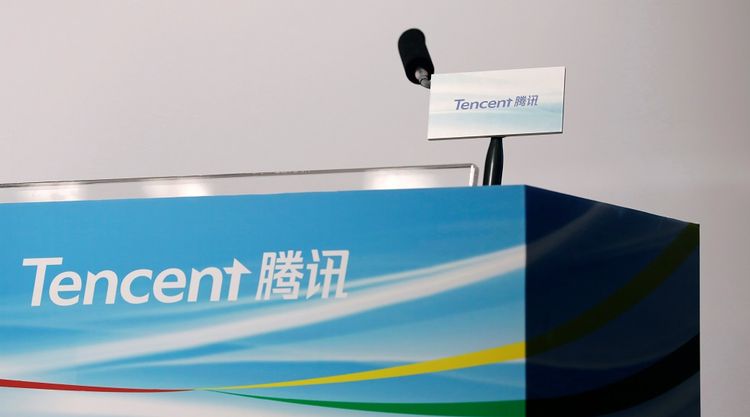Tencent Holdings, Asia’s second-most valuable listed firm, reported on Thursday a sharper-than-expected 32 percent fall in fourth-quarter profit, the most on record for a quarter, as a regulatory review by China weighed on its gaming business.
The lower-than-expected profit was also attributable to one-off charges of 2.1 billion yuan ($313.90 million) related to Tencent Music Entertainment and other portfolio companies.
China only resumed new gaming approvals in December after suspending the process last March.
That has prevented Tencent from making money out of some of its most popular games, leading to the company losing more than $100 billion in market capitalization last year.
Net profit for the September-December quarter was 14.2 billion yuan ($2.12 billion), against the 18.3 billion yuan average estimate of 16 analysts, according to Refinitiv data.
Revenue in the quarter rose 28 percent to 84.9 billion yuan, slightly ahead of an average estimate of 83 billion yuan from 19 analysts
The smartphone games business, Tencent’s largest single revenue generator, grew 24 percent in 2018 to 77.8 billion yuan and 12 percent in the fourth quarter from a year earlier to 19 billion yuan.
Tencent said it planned to invest in core infrastructure and frontier technologies going forward and further expand its overseas business by exploring new game genres and strengthening its overseas publishing capability.
Online advertising in 2018 grew 44 percent to 58.1 billion yuan, helped by a 55 percent rise in social and other advertising revenue driven by its popular social media platform WeChat and others.
User numbers of WeChat edged up to 1.097 billion.
Shares in Tencent closed down 2 percent at HK$363 before the results, giving it a market value of around $449 billion. It has risen 15.6 percent so far this year, but the stock is still nearly 24 percent below its peak of HK$476.6 reached more than a year ago.
Tencent is faced with challenges from China’s slowing economy, which may weigh on its income from consumers and advertisers, while new competitors such as popular video-sharing app Tik Tok also threaten to take away mobile traffic.
The company recorded net other gains totaling 16.7 billion yuan for the year ended December, down from 20.14 billion yuan in the year before.
Reuters



